The whole province currently has nearly 2,000 hectares with planting area codes, focusing on potential crops such as: bananas (1,100 hectares), tea (476 hectares), citrus fruit trees (106 hectares), vegetables (89 hectares) and rice (87 hectares)...

The “Green Passport” is not a title, but a guarantee for a safe, responsible and completely transparent production process. It is a commitment to quality, food safety and traceability that any demanding market requires.
A field survey of the coded growing areas shows a multidimensional picture, where opportunities and challenges always go hand in hand. To obtain this “passport”, farmers must completely change traditional farming practices.
Talking to us, Mr. Nguyen Tien Dung - Head of the Tan Hop Commune Rice Growing Cooperative, the unit that was granted a growing area code for 5 hectares of rice, could not hide his joy but also his worries.
From the date of issuance of the code, the production process must be carried out in accordance with the regulations. For example, when using pesticides, farmers cannot spray pesticides whenever they like.
We must strictly follow the “4 rights” process when using pesticides, only using pesticides on the permitted list. The entire process from sowing, fertilizing, spraying to harvesting must be recorded in the field diary.
At first, people found it annoying, but now they are used to it. Thanks to that, the rice produced is not only clean and safe, but also has a contract with the company to buy it at a stable price, no longer worrying about unstable output like before.

If compliance with procedures is a necessary condition, maintaining a consistent and sustainable manner is a sufficient condition to maintain a “green passport”. This pressure is even heavier on the shoulders of cooperatives, which represent dozens of farming households.
Ms. Phung Thi Tuyen - Director of Viet Hai Dang Cooperative, Quy Mong Commune, the unit that was granted a growing area code for 4,385 hectares of galangal, emphasized that compliance with regulations is a vital factor. She clearly understands that the growing area code is a common commitment of the entire collective, requiring high discipline.
If just one household makes a mistake and uses a pesticide that is not on the list, the entire growing area will be affected and at risk of having its code revoked. Therefore, we consider strict adherence to farming standards as an iron discipline to protect our reputation and common livelihood.
This compliance is the foundation for the cooperative to create quality 3-star OCOP vermicelli products, trusted by the market and affirming the value of production according to standards.
Faced with the challenges that people and cooperatives are facing, the role of guidance, support and supervision of State management agencies is extremely important.
Discussing this issue, Ms. Cao Thi Hoa Binh - Head of the Department of Crop Production, Plant Protection, Animal Husbandry, Veterinary Medicine and Aquaculture of the province affirmed: The work of granting new growing area codes is just the first step, the important thing is to maintain and improve the quality of agricultural products in the growing areas afterwards.
To realize this goal, every year, the unit builds a plan to periodically inspect 100% of the growing areas, and is ready to conduct surprise inspections when there are warnings from import partners or feedback from businesses. The principle of "close supervision but accompanying and supporting" is thoroughly implemented. Thereby, timely reminding, correcting violations and organizing additional training for people.
Recognizing the biggest challenge from the habits and production discipline of a part of farmers, the Department has deployed many synchronous solutions. Intensive training courses on new regulations of the import market are continuously opened. The model of technical staff "3 together" (eating, living, working together) with the people is promoted to provide close support, combined with building pilot models for farmers to visit and learn.

In the coming time, the Department will promote the application of digital transformation in management. One of the key tasks is to advise the province on building a database software to digitize all coded growing areas, helping to trace the origin quickly and transparently.
“We will strengthen the close connection of the “four houses” towards the goal of building a sustainable value chain, helping Lao Cai agricultural products stand firm in the international market,” Ms. Binh added.
Possessing a “green passport” is a great competitive advantage, but there is still much work to be done to turn that advantage into sustainable economic results. The most important of which is the need for cooperation, consensus and a sense of responsibility from the entire system, from farmers in the fields to management levels.
Source: https://baolaocai.vn/giu-ho-chieu-xanh-cho-nong-san-post882847.html







![[Photo] Dan Mountain Ginseng, a precious gift from nature to Kinh Bac land](/_next/image?url=https%3A%2F%2Fvphoto.vietnam.vn%2Fthumb%2F1200x675%2Fvietnam%2Fresource%2FIMAGE%2F2025%2F11%2F30%2F1764493588163_ndo_br_anh-longform-jpg.webp&w=3840&q=75)
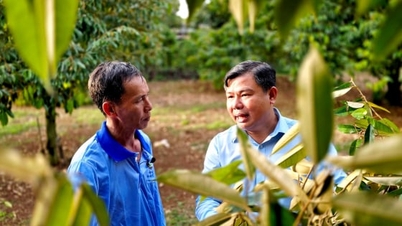

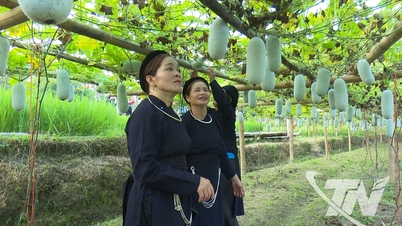

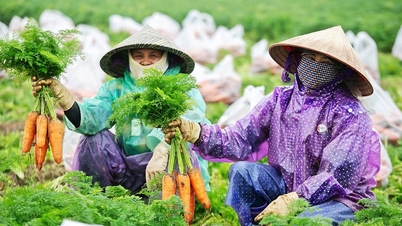

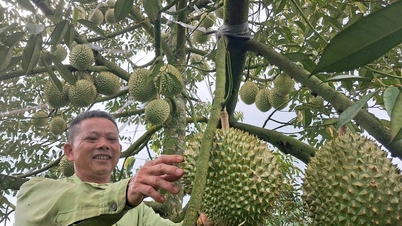

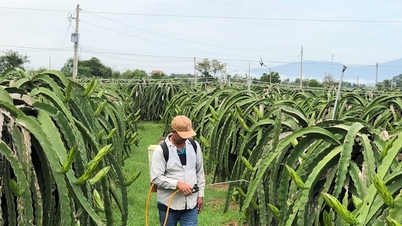
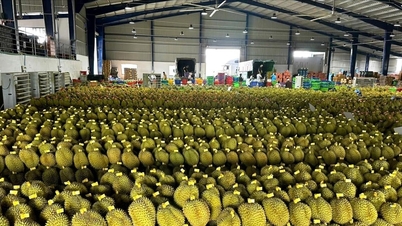
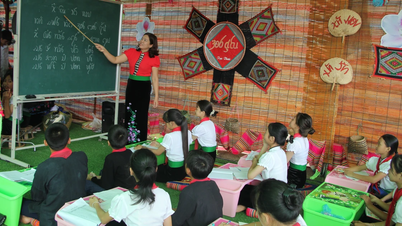
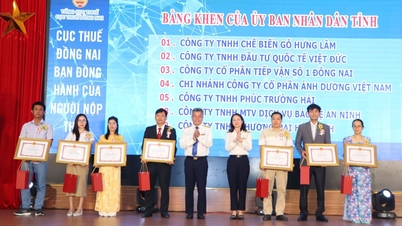



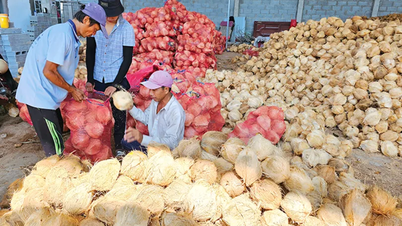

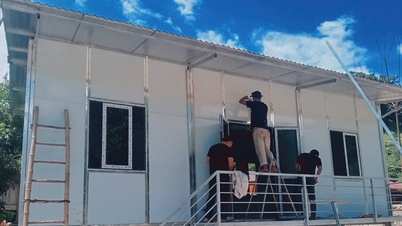





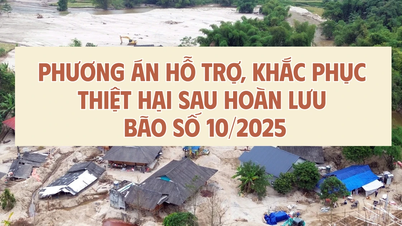


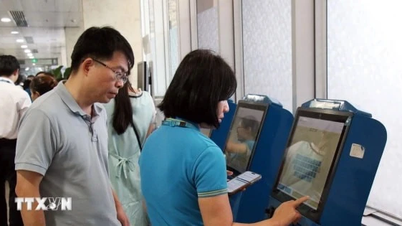






































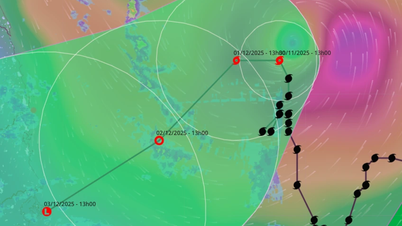




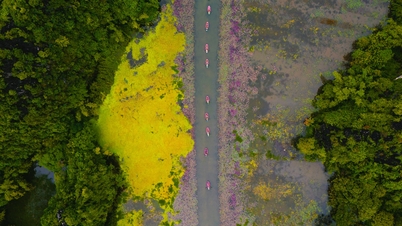



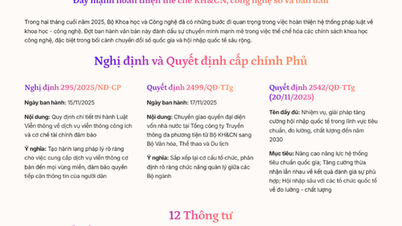

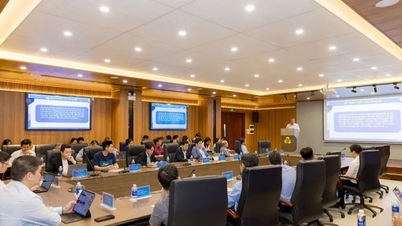
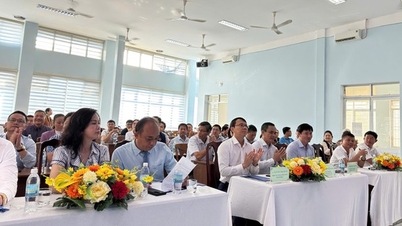

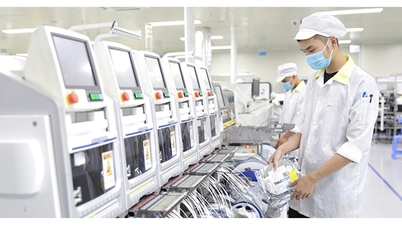

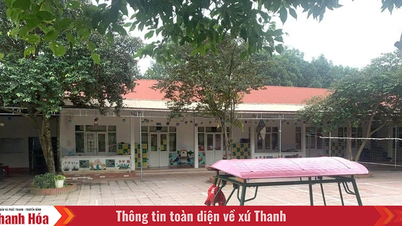

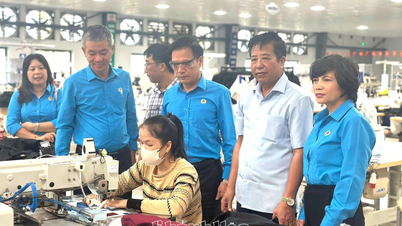

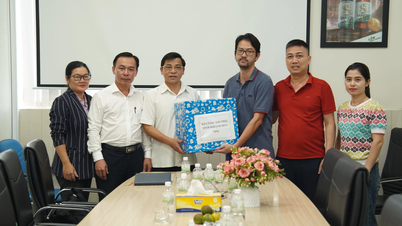
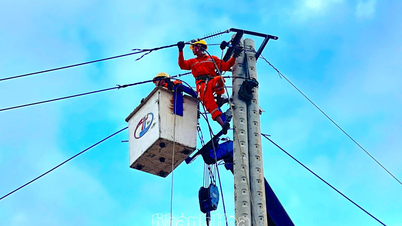















Comment (0)